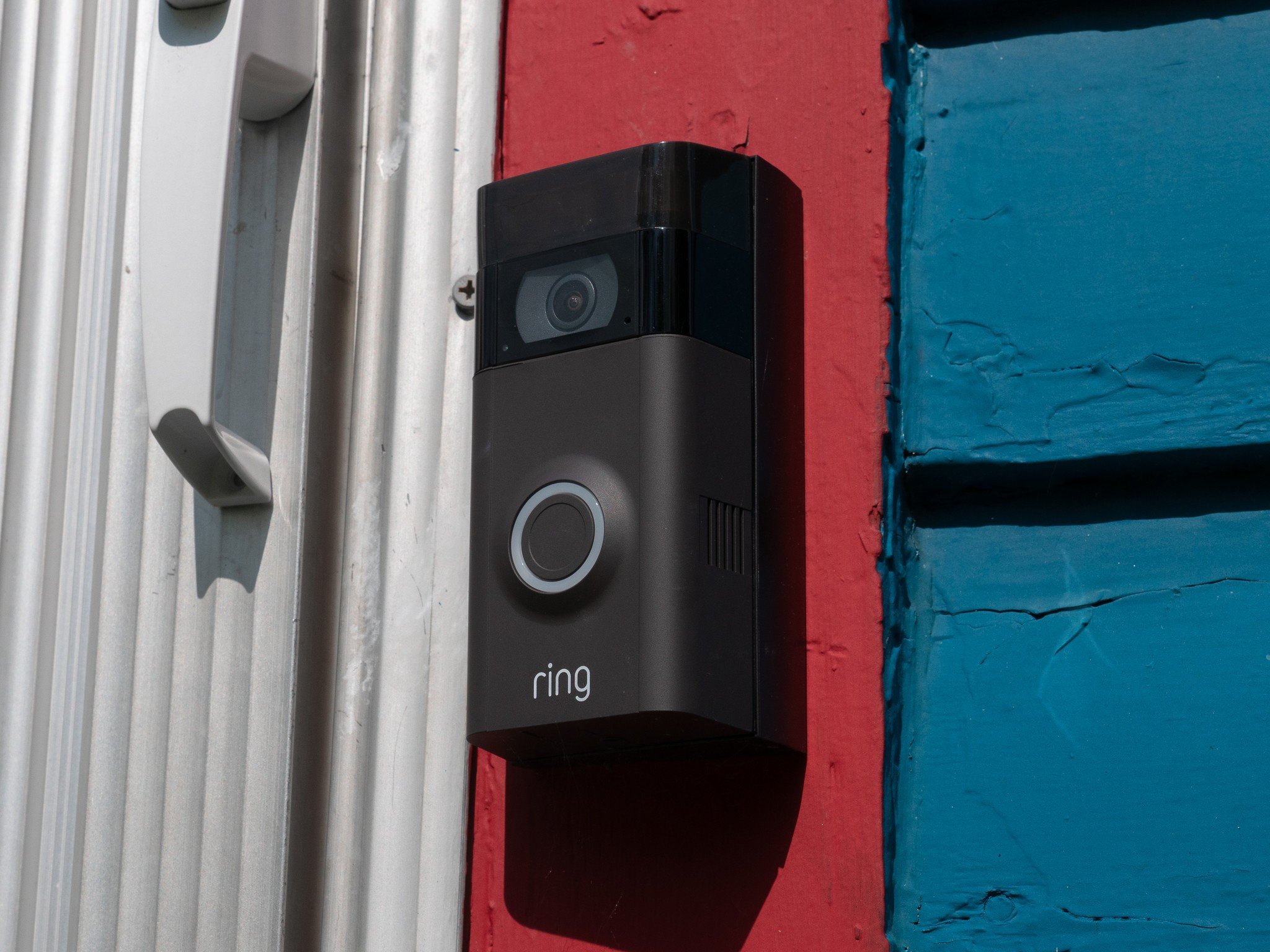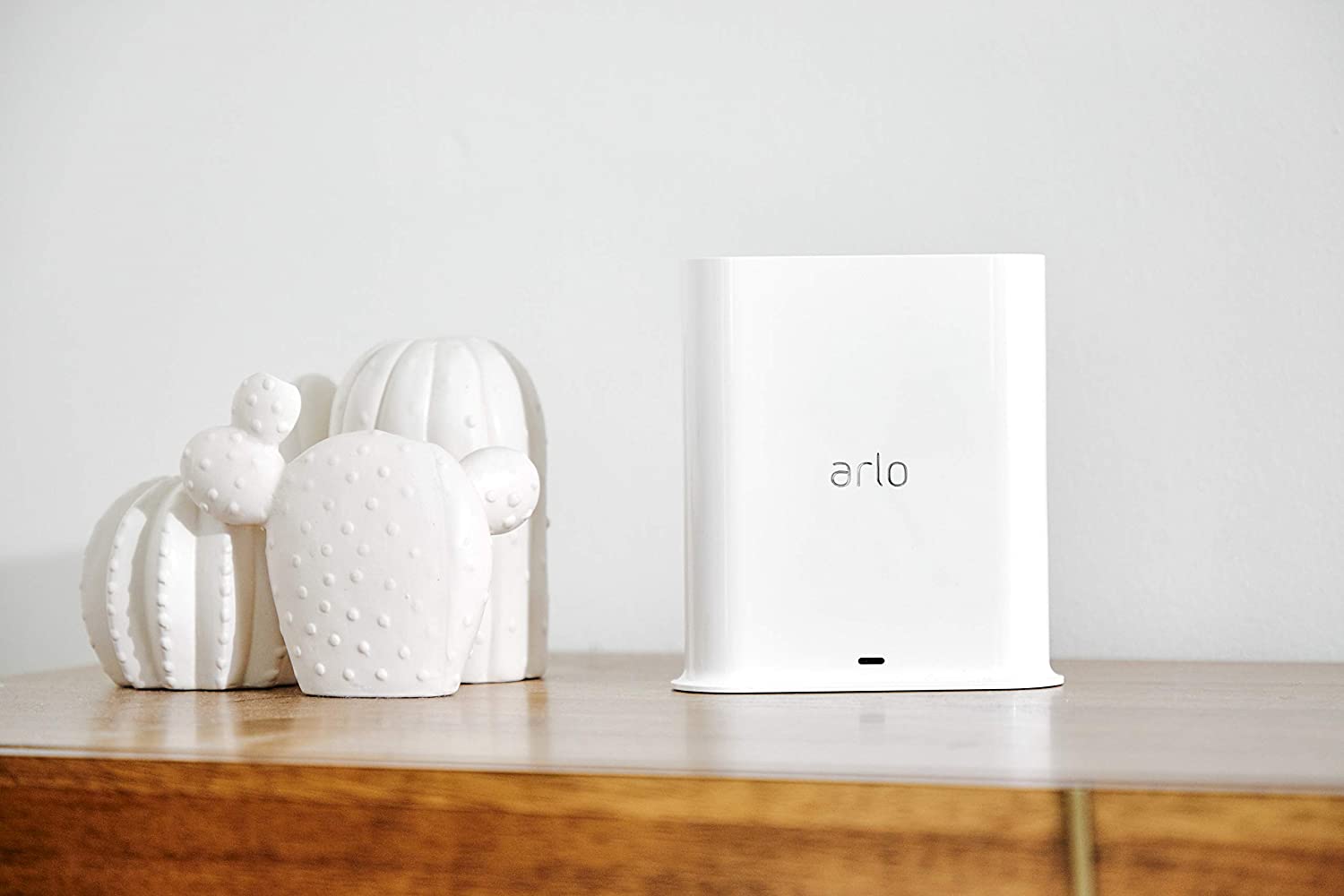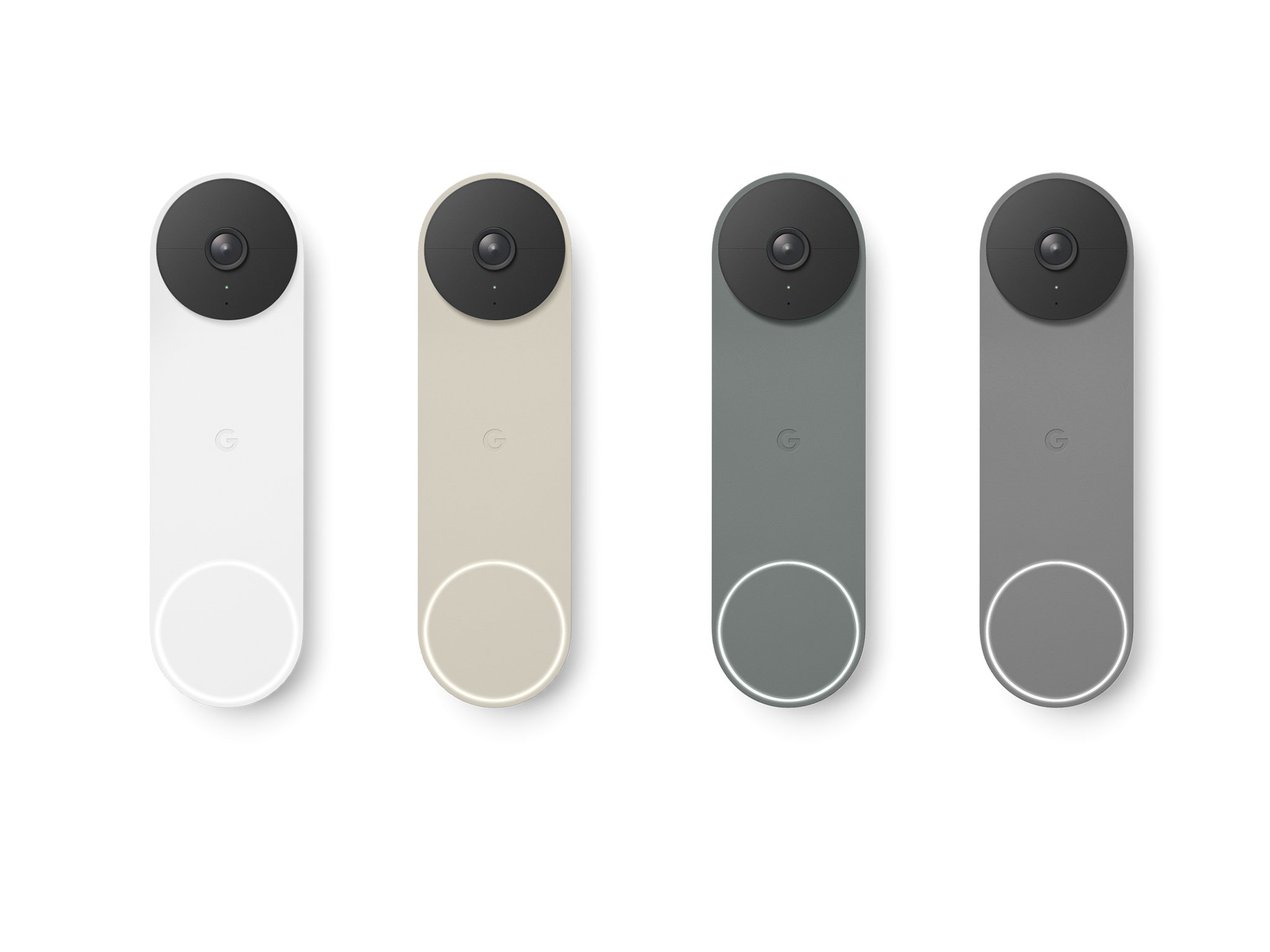You could DIY a local storage camera system, or you can sort through all the different plans from all the different manufacturers. Or you could just say, screw it, and forget about it.
Are you in the market for a new smart camera setup for your home or small business? The good news is, you have plenty to choose from. The bad news is, you'll probably end paying for cloud storage. You might even end up paying for things you never needed or wanted.
I'm not picking on any single manufacturer here. Whether you go with the big dogs like Amazon's Ring or Google's Nest systems, a well-regarded name brand like Arlo, or even the cheapest models from China, each comes with several different tiers of cloud storage above and beyond the free level. And even the best wireless home security cameras usually don't have the best option of all: expandable local storage.
Case in point: Amazon's Ring doorbell comes with "free" cloud storage. Or does it? A quick look at the plans show that nothing your Ring Doorbell "sees" gets saved in the cloud. You get the live video stream you can see on your phone, all the functions of the doorbell, like two-way talking, work, but once an event is over, there is no history of it in the cloud. For that, you need to pay $3 per month.
Now, $3 a month isn't a lot of money, and if there were no other strings attached (spoiler: there are), I'd pay it and not even notice the missing three bucks each month. But that only works if you have just one Ring camera or doorbell. Suppose you have more than one and want to have cloud storage to save a video — you have to pay $10 a month.
Ten bucks isn't a lot of cash either. I'd pay for it and not worry about it if I only used Ring products — and that's the catch. Unless you want to spend too much money, you're kind of stuck using one brand for everything. That's a pickle I'm in right now.
A few dollars here and a few dollars there adds up each month.
I have an old Arlo Pro camera system at home. Nothing fancy, just three cameras and a spotlight. But it has what I think is the crown jewel of smart cameras: you can plug a hard drive into the hub and set up everything to store any and all video locally. If you have a big enough storage drive, you could also use it for 24/7 surveillance if you wanted to. I mostly use it to scare away the wildlife that wants to tip over my trash cans, but it's cool to look at the video and see if it was deer or a bear — or Bigfoot.
I want to get something with better night vision, though, and I really don't want to set up my own system with local storage. It's not too difficult, and I've seen plenty of all-in-one kits available at Amazon. I'd rather buy a new Arlo setup, but I'd also have to buy a new hub that works with the latest cameras and lights. Cha-ching.
I also think I want to try the new wireless Nest doorbell. I really want something that works with my existing setup or any other setup I might buy, but unless I buy all Nest products, I'll be paying for two subscriptions. Those small fees start to add up, especially if you like to try a lot of different products.
You have to do your research before you buy any smart camera.
Even worse, though, is the confusion. Most smart cameras have an app that lets you see what's going on when you get an alert. Some may store a tiny slice of video for X number of days if you need a copy of your footage. Of course, they all have plenty to offer if you're willing to spend just a few dollars each month. But how is anyone supposed to know all of this before they buy? You'll need to hit the web and do the research. And do it right before you buy because shifting the price of subscriptions right after the "free" period you get when you buy a camera can happen.
This is the ultimate first-world problem, and I'm a firm believer that you should research every product before you buy it. But In the very competitive smart home market, you won't find any consumer-friendliness when it comes to "hidden" costs and extras like cloud subscriptions. The kicker is that Amazon and Google could totally make things not only consumer-friendly but do it in a way that further locks in new customers so everyone wins.
Why the hell isn't some sort of Nest Aware plan part of Google One? Pay nothing extra, but once your Google One storage is full, it either stops recording or starts overwriting old stuff. Amazon also has ginormous data storage centers all over the country, and Amazon Drive sounds like a damn fine place to store all the footage from my Ring or Blink cameras. Of course, in both cases, I (and most people) would end up buying more storage in some Big Tech cloud, so the rich guys still get my money, but it would be easier for me and make me look at the same brand that can do the same thing whenever I buy a new camera.
This matters to me because I depend on having cameras to see my porch and driveway.
I'm ranting a bit here and probably sound a bit like a loon to some of you. But I depend on cameras in ways most people don't. I can use a Ring (or Nest or whatever) doorbell to see and talk to the UPS delivery person, or I can fold up my wheelchair and try to haul it up the stairs while I slide up them on my butt to answer the door. And I've done it. I made my way up the stairs to learn about our lord and savior or tell someone I do not want frozen Omaha Steaks delivered every month. Not a pretty picture, but it's life for folks like me.
A camera pointed at my driveway paired with a video doorbell means I can easily see who's knocking. (Off-topic: Why doesn't anybody ring the doorbell when it has a camera attached? It still chimes, people!) Anyway, with my setup, I can see who's knocking right from my chair and decide whether or not I want to make my way up to greet or speak to people through the doorbell's intercom — or just ignore them and hope they go away. It'd also be helpful if you are trying to dodge a warrant. Just saying.
I'm not sure what I am going to do about replacing my old tech, But I do know the way you're forced into a subscription to get the most out of a product, then upsold if you have more than one thing, and having none of it compatible with anything else is well, stupid.
Source: androidcentral



